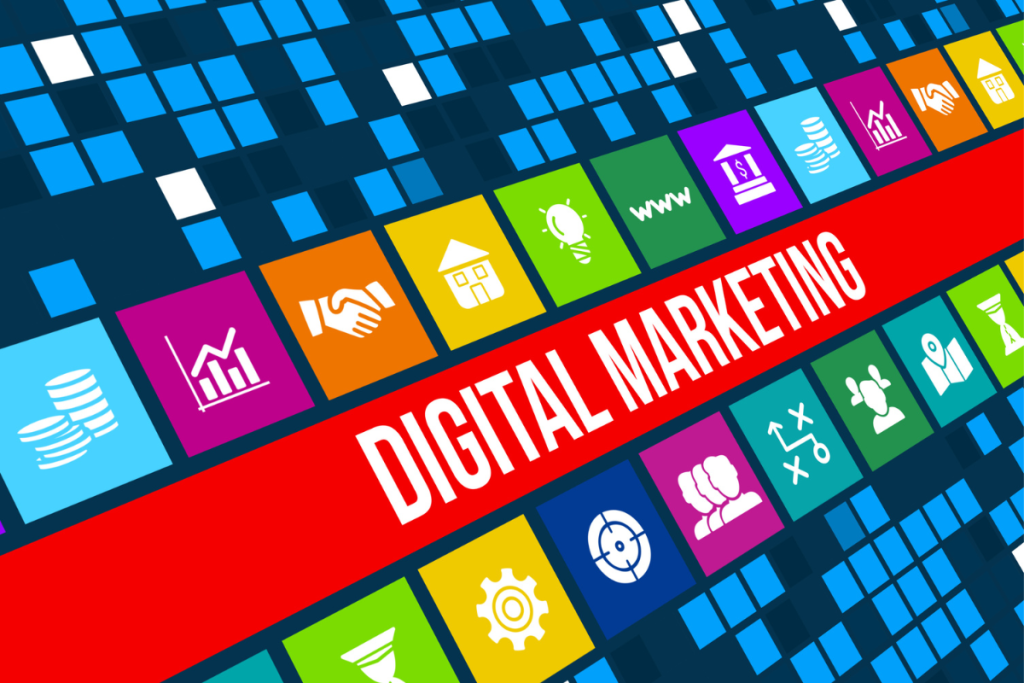Mastering Digital Marketing & Strategy for Small Businesses

In today’s competitive marketplace, small businesses face unique challenges when it comes to building brand awareness and driving growth. However, with the right approach to digital marketing & strategy, even the smallest businesses can compete with larger companies and reach a highly targeted audience. The key lies in leveraging available tools, creating a clear plan, and staying adaptable as trends evolve.
Unlike traditional marketing methods, digital marketing & strategy allows small businesses to reach potential customers where they spend most of their time—online. From social media and email marketing to search engine optimization and paid ads, digital channels offer countless opportunities to connect with audiences in meaningful ways. However, without a strategic plan, these efforts can easily become scattered and ineffective.
Small business owners often wear many hats, which makes it even more critical to have a well-defined digital marketing & strategy in place. This ensures that every marketing dollar is spent efficiently, every message aligns with brand goals, and all activities work together to drive results. Moreover, a clear strategy helps businesses measure success and make informed decisions about where to adjust or expand their efforts.
Building a Strong Digital Marketing & Strategy Foundation
The first step to mastering digital marketing & strategy is setting specific, measurable goals. Whether it’s increasing website traffic, generating leads, or boosting online sales, having clear objectives allows businesses to tailor their tactics accordingly. Without these goals, it becomes difficult to track progress or know whether marketing efforts are paying off.
Once goals are established, identifying the target audience is crucial. Small businesses often have the advantage of serving niche markets, which makes it easier to create highly focused campaigns. By understanding customer demographics, interests, and online behaviors, businesses can craft personalized messaging that resonates deeply with their audience.
Content creation is another vital component of a successful digital marketing & strategy. High-quality content—whether it’s blog posts, videos, social media updates, or email newsletters—helps build trust and authority within the industry. Moreover, valuable content encourages engagement, improves search engine rankings, and drives traffic to the business’s website.
Leveraging Cost-Effective Tools and Channels
One of the advantages of digital marketing is the variety of affordable tools available to small businesses. Social media platforms, for example, offer both free and paid options to reach specific audiences. Facebook, Instagram, LinkedIn, and TikTok all allow businesses to connect with potential customers based on interests, location, and behavior.
Additionally, search engine optimization (SEO) remains a powerful tactic for driving organic traffic. While SEO can take time to produce results, it offers long-term benefits that compound over time. Investing in well-researched keywords, quality backlinks, and user-friendly website design can significantly improve online visibility.
Email marketing also continues to deliver one of the highest returns on investment. By building a list of engaged subscribers, small businesses can nurture leads, share promotions, and keep customers informed. When combined with other tactics, email becomes a cornerstone of any successful digital marketing & strategy.
Staying Agile and Adapting to Change
The digital landscape is constantly evolving. Algorithms change, new platforms emerge, and consumer behaviors shift. Therefore, it’s essential for small businesses to remain agile and willing to adjust their digital marketing & strategy as needed. Regularly analyzing performance metrics helps identify what’s working and where improvements are necessary.
Testing different approaches—such as A/B testing email subject lines or experimenting with new ad formats—can uncover valuable insights. Furthermore, staying informed about industry trends and emerging technologies ensures that businesses remain competitive and responsive to changing customer expectations.
In conclusion, mastering digital marketing & strategy for small businesses requires a combination of clear goals, audience understanding, quality content, and adaptability. With the right approach, even businesses with limited resources can achieve significant growth and build lasting customer relationships in the digital space.